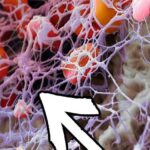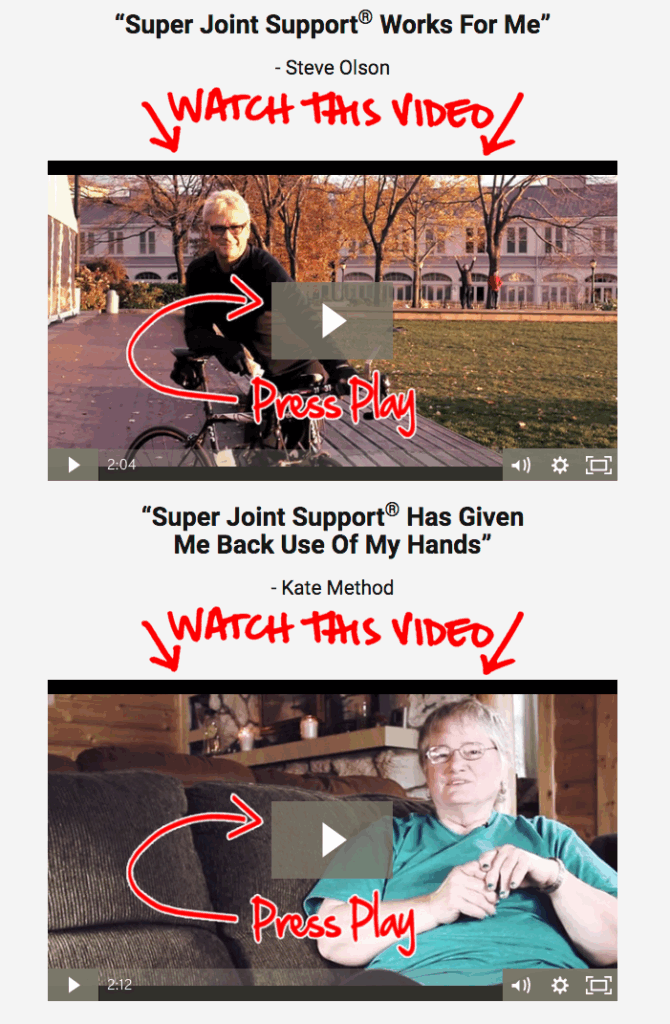According to statistics less than 5 percent of lower back pain adults suffer from lumbar disc herniations. Surely, back pain can have an extreme affect on your day-to-day life due to the fact that it may be incredibly crippling.
Regrettably, a disc herniation results when a nerve root or roots become irritated due to a herniated or “slipped” disc in the lower back area. Typically, this extreme experience comes about when there is tear of the hard outer casing (annulus fibroses) of a discs or discs allows movement and/or bulging in the soft, jelly-like cushion (nucleus pulposus) of the disc.
Research has shown that lower back disc herniations commonly develop when the hard outer casing (annulus fibroses) becomes reduced in strength by our age in conjunction with highly major physical activity producing a swelling the soft, gelatinous cushion (nucleus pulposus) of the disc outside the casing. What’s more, this develops more typically in people between 30-40 years of age than other age groups.
Without doubt, the main issue when it comes to treating a disc herniation or any lower back pain for that matter is that it sometimes goes away on its own. Despite all that we nevertheless don’t know precisely how this healing happens.
Researchers do show that, the stimulation of fibroblasts and macrophages could be the basic mechanism that heals disc herniations when laser therapy is utilized. In essence, these forms of cells have been verified to get a positive benefit from laser therapy. Besides, it is actually understood that the fragments of the herniated disc or discs are reabsorbed. Research does show that, the inflammation appeared to be decreased by laser therapy which is another way that healing in disc herniations is encouraged.
There have been many studies, clinical trials, and research on how effective and practical it is to utilize laser therapy to treat lower back pain and lumbar disc herniations.
Here are some of the results of these studies, clinical trials, and research.
One such result was that non-invasive therapies such as laser therapy have not been pointed out to be effective or productive for the treatment of chronic back pain or acute low back pain. Another such outcome was that based on these studies, clinical trials, and research, there is inadequate data to affirm or refute laser therapy as an effective and practical for chronic back pain.
Consequently, it was verified that other clinical trials would be called for to produce any real conclusions. For this and many other reasons, at this time we just do not have ample information to know if laser therapy for back pain is actually and safe, effective, and practical form of treatment for lower back pain currently.






